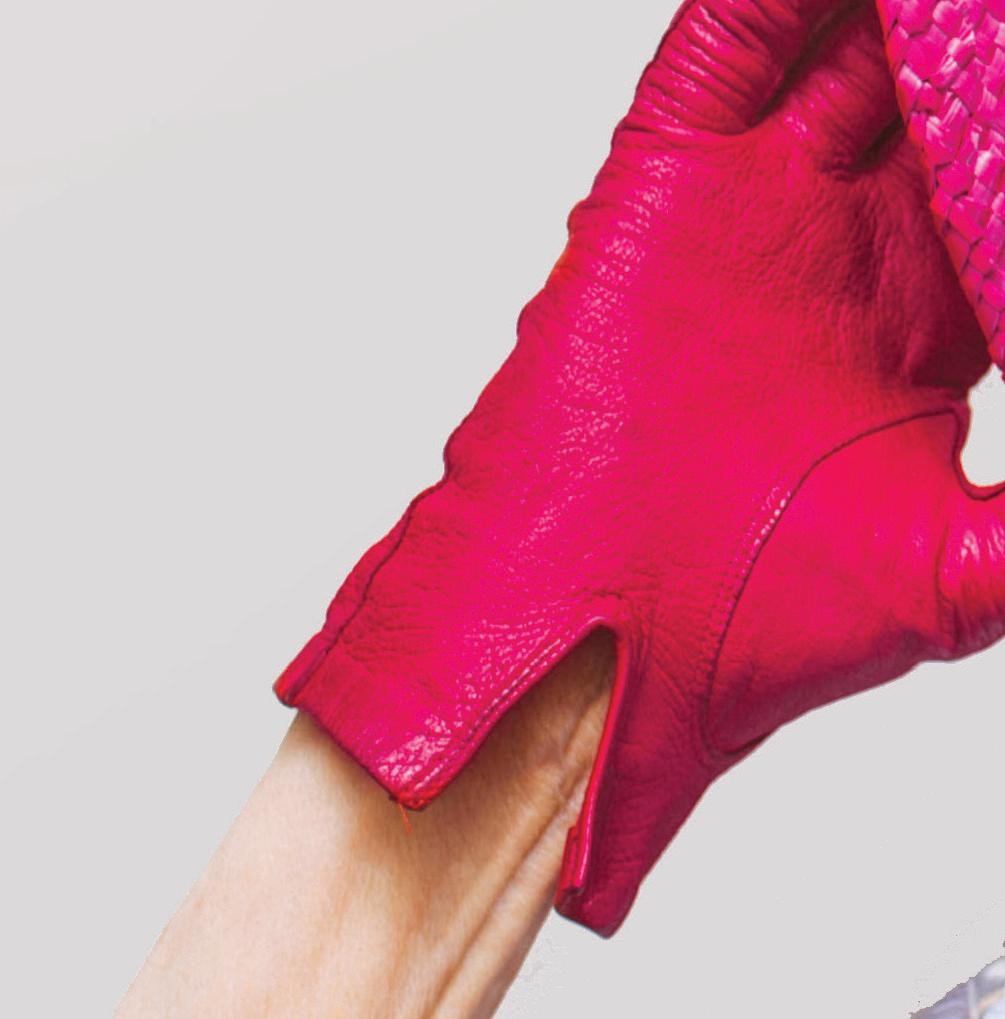
5 minute read
pain signals
royal coluMbian neurosurgeon provides the relief surrey resident desperately needed
Mike Wilkinson thought the sharp pain was a toothache, but it turned out to be something much more debilitating. For close to two years, the facial pain would come and go, seemingly lasting longer and getting more intense each time. The Surrey resident was eventually diagnosed with trigeminal neuralgia – sometimes called ‘the suicide disease’ because of the agony it causes. It became so bad that Mike was on the verge of spending six figures for treatment in the U.S., before he was fortunately referred to a neurosurgeon at Royal Columbian Hospital.
“If it had kept going at that intensity I probably would have banged my head against the wall to try and stop it,” says Mike about his condition, which was diagnosed following an MRI.
As the pain flared up repeatedly between 2015 and 2017, Mike desperately sought a solution. Medications were not working, and the number of surgeons with the training to treat it was low. Eventually, Mike discovered Royal Columbian neurosurgeon Dr. Michael Nikolakis.
“The cause is often a blood vessel compressing the trigeminal nerve as it comes out of the brain stem,” explains Dr. Nikolakis. “Some patients literally will stop eating, because eating or opening their mouth will cause an exacerbation, or they won’t speak for days or weeks at a time.”
Mike is familiar with this. “I used to lie in bed in the morning and the only thing I could get down me was porridge,” he recalls. “I would take a spoon and as soon as I got it near my mouth it would set it off. I would wait half a minute before I would get myself pumped up to have the next mouthful, it was just so intense.”
Just before he met Dr. Nikolakis, Mike had made plans to have surgery south of the border, preparing to pay more than $100,000 for help. He quickly canceled after speaking with the Royal Columbian neurosurgeon.
Dr. Nikolakis’s solution involves a rhizotomy, which is a minimallyinvasive procedure to disrupt the nerve’s ability to send pain signals to the brain. Mike says he was able to go home the same day.
“They put a little pin prick in your cheek and that was it,” he says. “All I have is this tingling sensation on the left side of my face, but I can live with that.”
It is not a permanent solution, but Dr. Nikolakis says the relief should last several years. If the pain returns, the patient can undergo the procedure again.
Mike is grateful to have finally found relief, and he thinks highly of Dr. Nikolakis.
“Just a delight to talk to, and he explains everything.”
Mike wilkinson found relief at royal coluMbian hospital for a debilitating nerve disorder.
foresight and wisdoM
During his time on the Foundation’s Board of Directors, David McDonald founded the annual Chairman’s Circle Healthy Living Series and was part of the leadership that purchased land in the 1990s that is now home to the new Mental Health and Substance Use Wellness Centre. Along with the Royal Columbian Hospital Auxiliary, David was recently named an inaugural member of the Foundation’s 1862 Council to honour his significant contributions.
Foundation: You joined the foundation board back in the 80s. Did you have a strong connection with the hospital? D: I grew up in New Westminster. I went to school in New Westminster. I lived in New Westminster before I moved to Vancouver. And all my doctors are out this way, really. The hospital has really grown since, particularly with the addition of this mental health centre, which is great. We have been working on this expansion for years and years. It’s nice to see it actually happened.
Foundation: You helped introduce the foundation to a number of people, including through the creation of the Chairman’s Circle. How did the idea come about? D: We had a home in the Napa Valley, where the St Helena Hospital had… they didn’t call it Chairman’s Circle, but it was doing the same thing, and it was getting people from the community. So we started ours and have had some fabulous speakers over the years. Everyone was more than willing to help. The other thing that helped us a lot too, a lot of the doctors joined Chairman’s Circle. I was always able to say the doctors were involved in a big, big way. That really helped.
Foundation: Do you occasionally reflect on the number of donations and the equipment that are linked to the work you have done? D: People have had a tremendous impact on the hospital through their generosity. As I used to say when I invited donors to join the Chairman’s Circle, you want the hospital to have the latest and greatest when you need medical care. So it’s very important that we have new equipment.
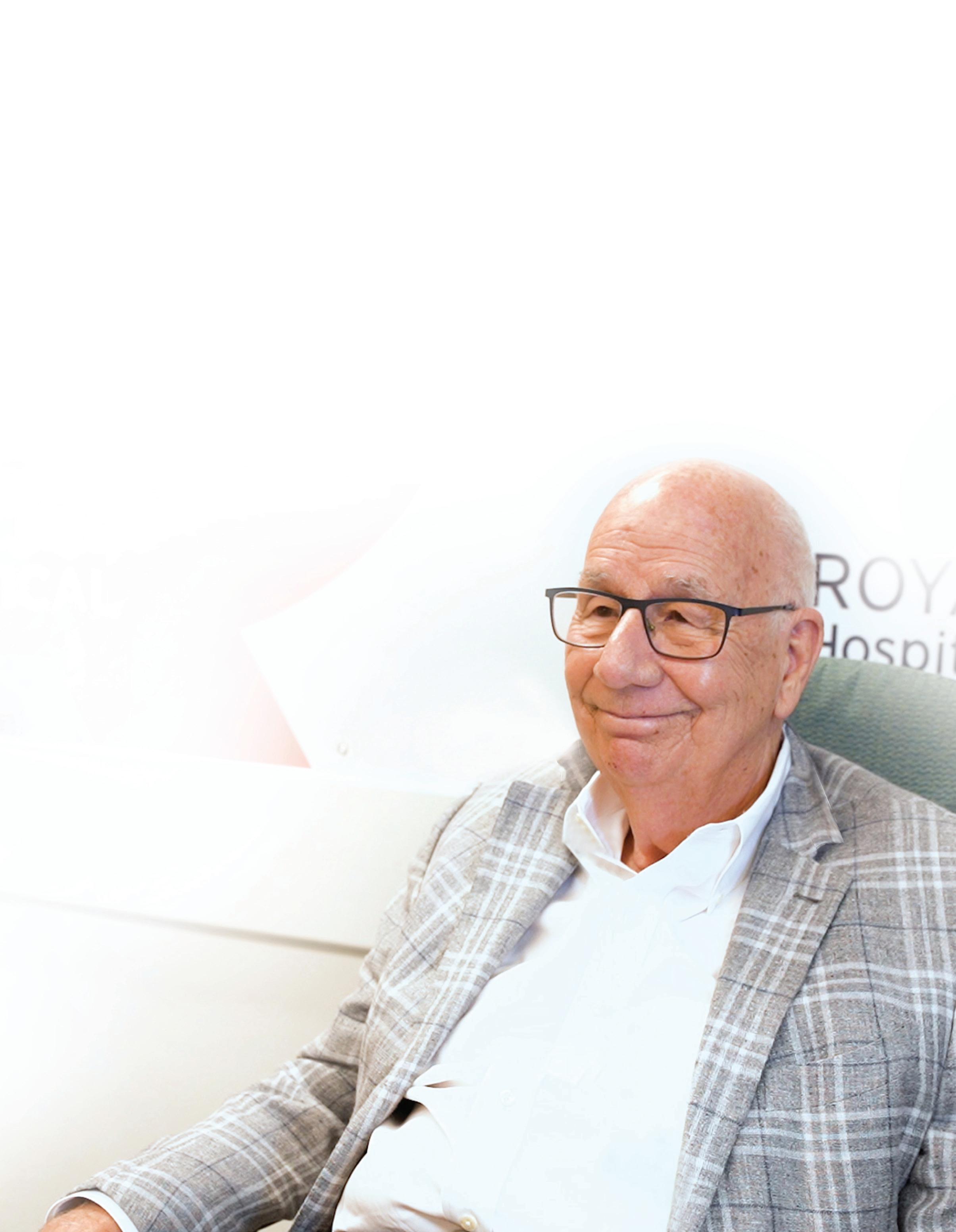
Foundation: What would you like people to know and remember about your legacy to the hospital? D: Royal Columbian and its people do incredible work, and it’s gratifying to have a role in supporting the care that’s available here. I volunteered alongside many other great people, and many others have been doing the same since my term on the board ended. We want to keep this hospital as a first-class facility so when it’s our time to use it, everything is here that we possibly would need.


Caring from Hospital to Home

Getting a loved one home from the hospital isn’t just about arranging transportation. Choosing the right post-hospital care is essential for a full recovery. Our Talent Is Caring, for you and the person you love.
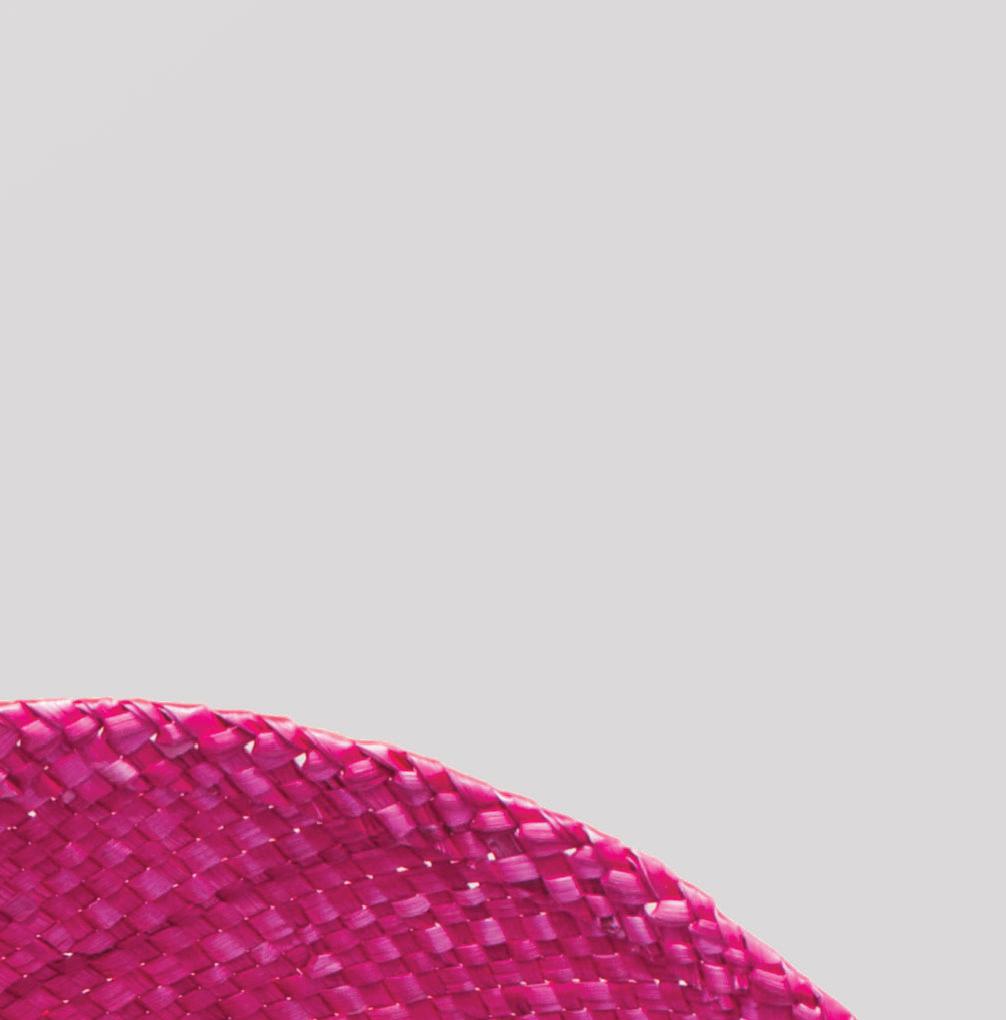


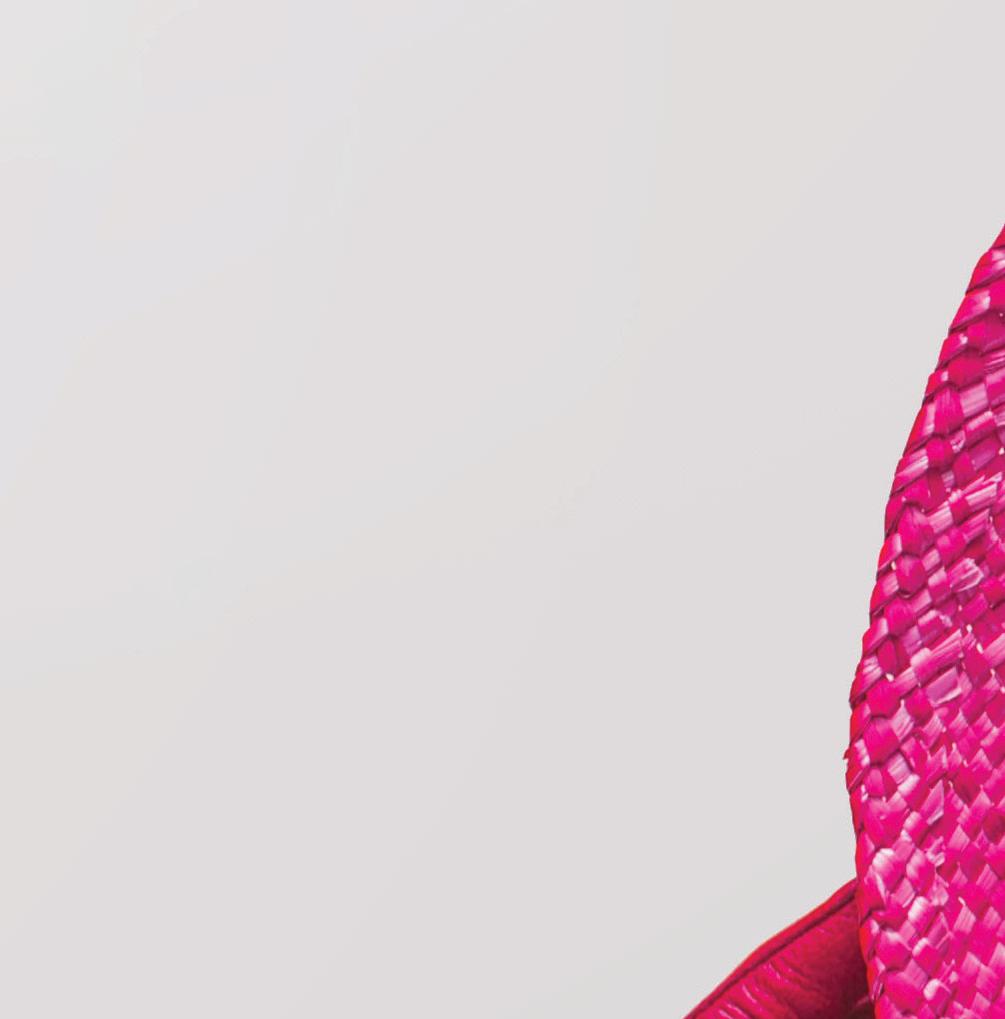



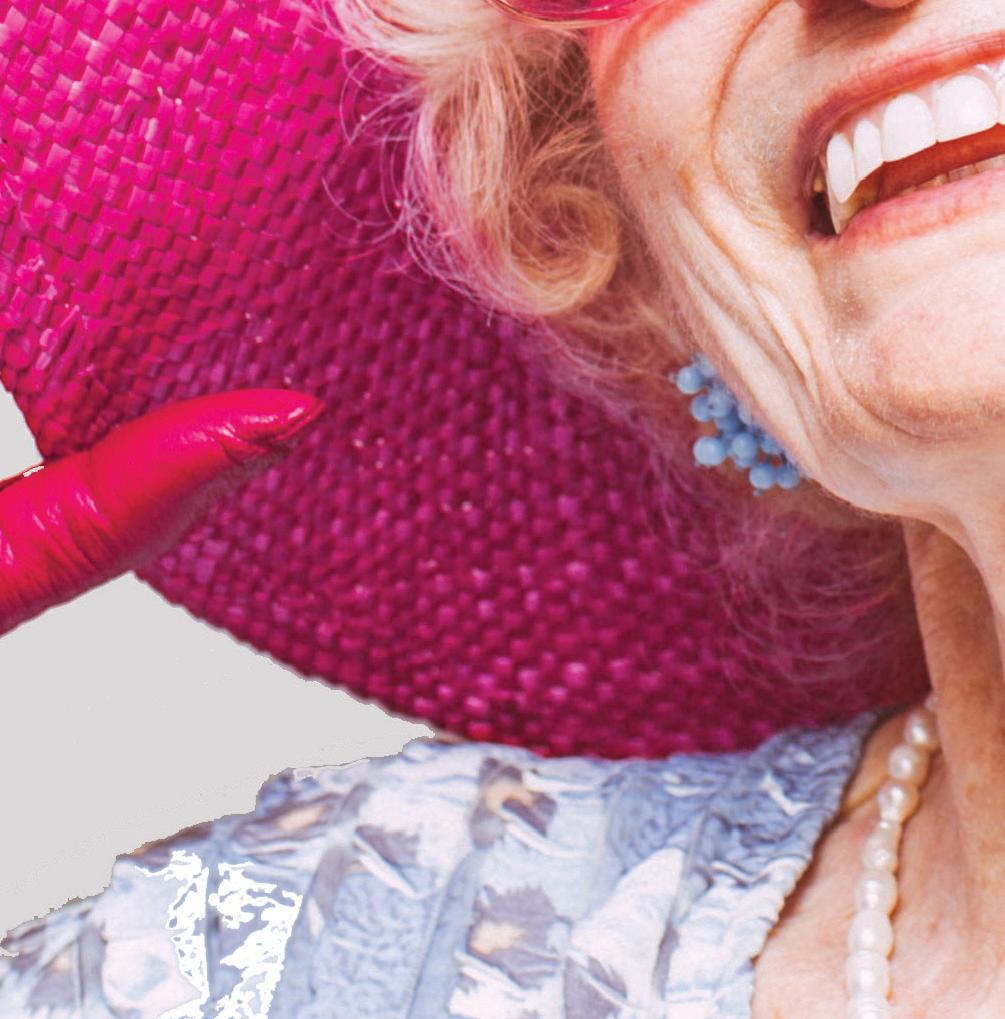
Call today to book your FREE Caring Consult!™ 604-553-3330
